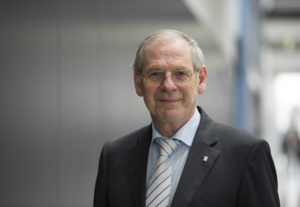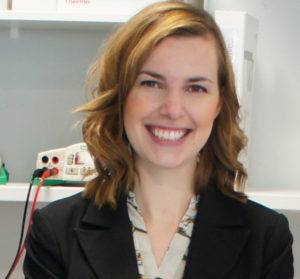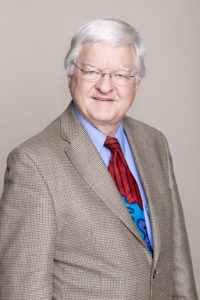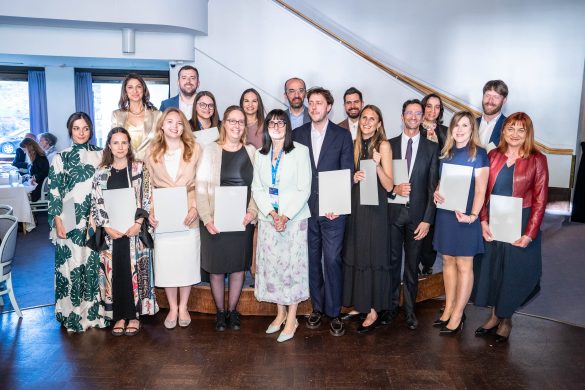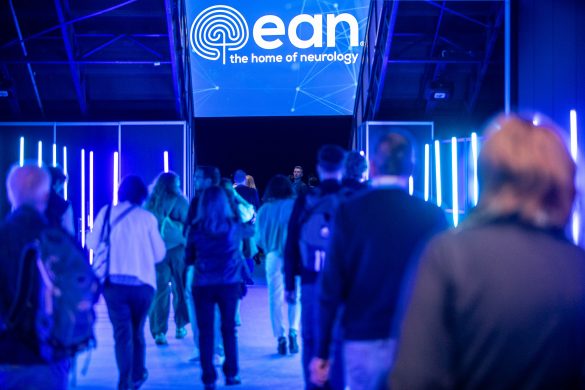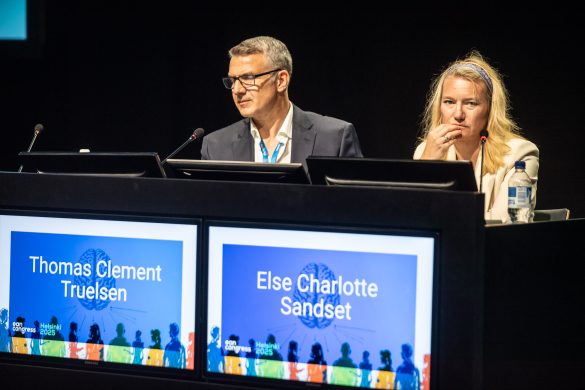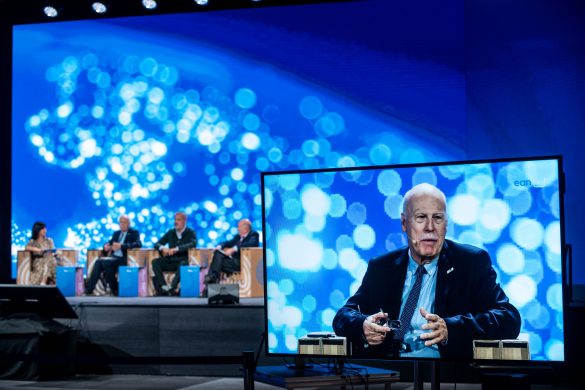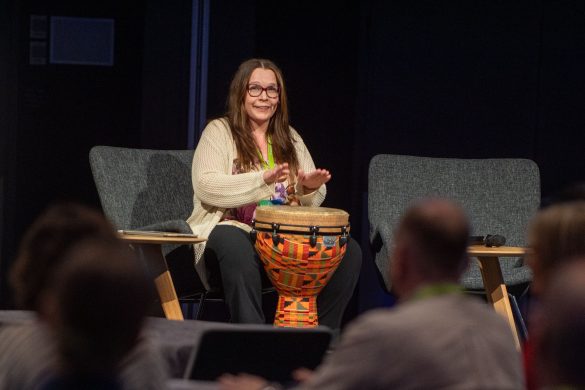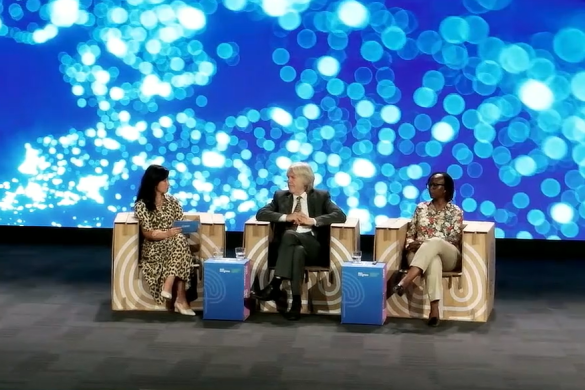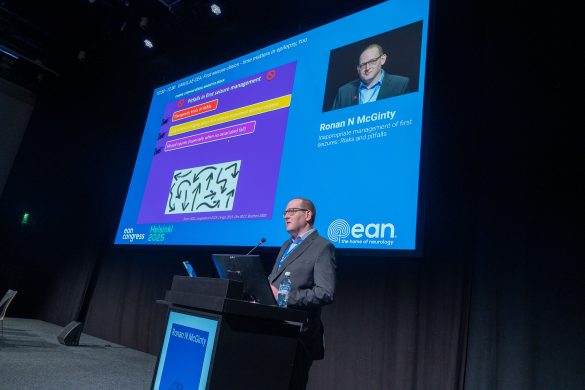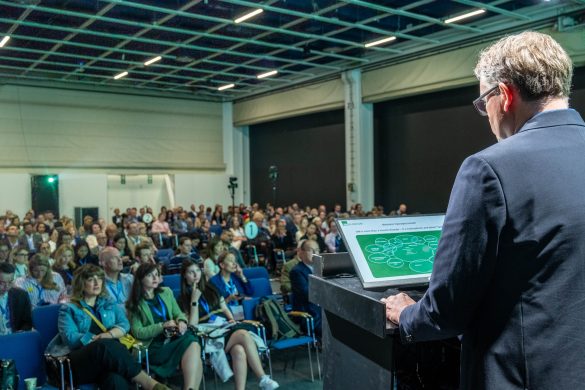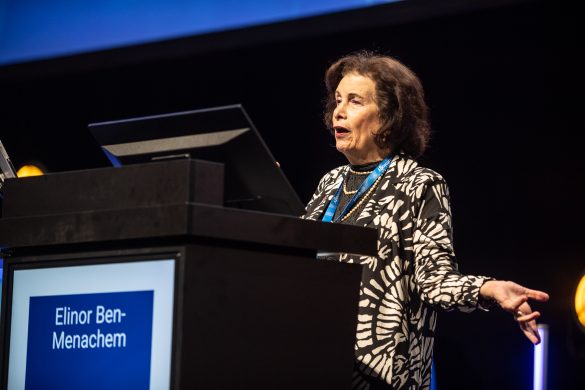As in the previous years, EANpages asked EAN committee members, panel chairs, and invited speakers which session one should not miss at the upcoming congress in Oslo 2019. Please find their answers below!
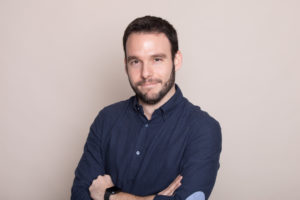 David García Azorín, RRFS Representative on EAN Teaching Course sub-Committee, Valladolid, Spain
David García Azorín, RRFS Representative on EAN Teaching Course sub-Committee, Valladolid, Spain
Controversy 2 – Controversies in headache medicine
Monday, 1 July 2019 from 16:45 – 18:15
Headache disorders are among the most frequent neurological conditions. Tension-type headache (TTH) is supposed to be the most prevalent one according to studies, but some authors consider that we overestimated it and probably many of the cases are not properly diagnosed migraines. Professor Olesen, the “father” of the International Classification of Headache Disorders will defend TTH as we know it know and A. Bahra will try to convince about the opposite.
On the other hand, many headache sufferers self-medicate and use symptomatic treatment almost daily. This fact has proven to worsen the primary headache but the solution to the problem is controversial: some authors think that medication overuse should be stopped in order to improve the patient, whereas others consider that the primary condition should be effectively treated in order to improve the situation. Prof. Katsarava, president of the European Headache Federation and Prof. Lampl, first vice-president of the European Headache Federation, will discuss detoxification strategies and need of them.
I will not miss it!
Günther Deuschl, EAN Board member, Kiel, Germany
Focused Workshop 2 – Overarching theme – Future treatments of neuroinflammation and neuroimmune diseases
Saturday, 29 June 2019 from 08:30 – 10:00
The theme of the congress is particularly interesting for the general neurologist and the spectacular progress in this field will be featured by top neurologists.
Plenary Session – Opening session: The positioning system in the brain
Saturday, 29 June from 18:30 – 20:00
You should not miss when a Norwegian Nobel Laureate Edvard Moser, Trondheim, Norway explains his groundbreaking research: the positioning system in the brain. This is a fantastic story that you will be proud to have heard from the researcher himself.
Plenary Session – Presidential Symposium
Sunday, 30 June from 10:00 – 12:00
As a Movement Disorder neurologist, I will not miss the Presidential Symposium where we have for the first time a brain-prize lecture by Bart De Strooper, Leuven, Belgium, on The prodromal, cellular phase of Alzheimer’s Disease: towards a novel understanding of the disorder, among three excellent presentations.
Veronique Miron, Edinburgh, United Kigndom
Symposium 8: New insights/development in Stroke treatment
Tuesday, 2 July from 08:00 – 10:00
The neuroinflammatory response to stroke is of interest to me and my lab, given that, similar to what is seen during efficient remyelination, a resolution of the innate immune response is associated with recovery. Neuroimmunology research has recently highlighted the similarities in innate immune responses across various neurological pathologies and their experimental models. It is thus of interest for me to learn more about stroke detection, treatment options, and future developments for therapies.
Antonio Pisani, Chair of Scientific Panel Neruotoxicology, Rome, Italy
Focused Workshop 3 – EAN/MDS-ES: Functional movement disorders
Saturday, 29 June 2019 from 08:30 – 10:00
Important for specialists as well for the general neurologist
Klaus V. Toyka, EAN Archivist, Würzburg, Germany
Plenary Session: Presidential Symposium
Sunday, 30 June 2019 from 10:00 – 12:00
The symposium covers three state-of-the-art topics including Alzheimer dementia, cerebrovascular disease and motor neuron disease presented by outstanding experts in these fields in the format of EAN named lectures.
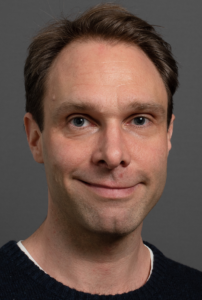 Bendik S. Winsvold, EAN 2019 Invited Speaker, Oslo, Norway
Bendik S. Winsvold, EAN 2019 Invited Speaker, Oslo, Norway
Symposium 2: Insights into headache pathophysiology
Saturday, 29 June 2019 from 10:30 – 12:00
New insights into the biological mechanisms of headache are now emerging from various fields – radiology, genetics, cell and animal models, among others. This new understanding is already leading to new treatment options. The session includes some of the leading names in the field, and promises to be a not-to-miss session.

